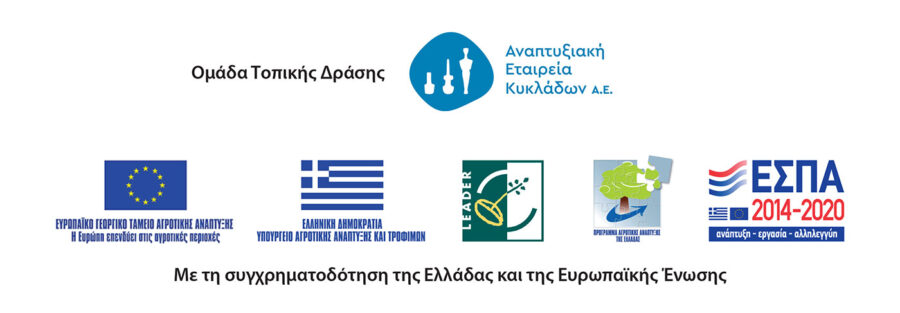For bees, which carry pollen from flower to flower, fertilizing plants and providing us with 80% of our food, pollen is food. Specifically, it is a source mainly of proteins, but also of lipids, vitamins and minerals. However, the pollen of one plant species alone does not contain all the essential amino acids and components that bees need, which is why it is necessary for them to feed on pollen from as wide a variety of plants as possible. The same applies to humans who use pollen in their diet.
Pollen is the most complete nutritional supplement and at the same time a source of antioxidants, prebiotics and probiotics. It contains proteins, sugars, lipids, lecithin, macroelements and trace elements, vitamins C, E, B, flavonoids, carotenoids, nucleic acids and nucleotides, enzymes, growth factors, beneficial microorganisms (probiotics), P-coumaric acid (activates the body’s detoxification system).
It improves physical and mental function, increases work capacity, soothes the nerves and fights insomnia, even depression. It protects the walls of blood vessels and the prostate from inflammation, hyperplasia and malignant neoplasms.
It strengthens the immune system and promotes detoxification of the body. It improves the digestibility of other foods and regulates intestinal function. It promotes beneficial intestinal microbes (probiotics) and fights pathogens that cause nutritional disorders and metabolic syndrome. It reduces bad (LDL) and increases good (HDL) cholesterol. It reduces elevated cholesterol and triglycerides. It is used against anemia. It regulates blood pressure and endocrine glands. Essential for athletes for good performance.
